Sleep apnea affects around 30 million Americans.1 During sleep apnea, your breathing pauses and then starts again as you sleep. This can lead to loud snoring. If this sounds familiar, it’s important to talk to a health professional who can run the right tests.
If you have sleep apnea, your doctor might suggest using a CPAP machine. These machines gently push air into your lungs to keep your breathing steady as you sleep. Thus, they can improve your sleep quality.
But a common worry is: are these machines too noisy? CPAP machines can sometimes be loud. This might bother light sleepers or even disturb others in your house.
Thankfully, not all CPAP machines are loud. There are quieter models available and effective ways to reduce their noise. This article will explore the sound levels of various CPAP machines and highlight the quieter ones. Also, it’ll provide practical tips for reducing their noise to ensure restful sleep for you and your family.
How Does the Noise Level of Sleep Apnea Machines Vary?
Before getting into the noise levels of a CPAP machine, it’s important to know what is the average decibel (dB). Sound is measured in decibels; the higher the number, the louder the sound. For context, 30 dB is the average sound of a whisper, while 70 dB is the sound of a vacuum cleaner.
On average, the newest CPAP models produce sounds of 30 decibels. The older models can be noisier, with their sounds reaching 70 decibels.
While 30 dB may not seem like much, it can be unsettling for some people. These people are not used to the noise. In fact, according to an Australian study, 29% of CPAP users reported that the noise affected their sleep.
What Factors Affect The Noise Level of Sleep Apnea Machines?
Many factors affect the noise levels of a sleep apnea machine. These include:
- The motor. A sleep apnea machine works similarly to a vacuum cleaner. So, depending on the motor the machine uses, it can produce loud sounds.
- The mask. Some masks can increase the sound made by a sleep apnea machine. This depends on the mask design. Normally, masks that have less room for the air to move through can create louder sounds. This also happens when the mask doesn’t fit properly, since air may be escaping from unwanted places.
- Breathing pattern. When you inhale and exhale, you are pushing air in and out of the lungs. While some people are quiet breathers, others tend to have heavy and noisy breathing.
- Sound through the tubes. Air makes noise when it moves quickly through smaller tubes (since they have more pressure). So, understandably, machines with narrow tubes produce loud sounds.
- CPAP maintenance. If you don’t have the motor regularly checked or change the air filters, it can make the machine noisier.
What Are The Best Quiet Sleep Apnea Machines?
Older sleep apnea machines are very loud. This is no longer true with newer machines due to technological advances.
Here are some of the best and quietest sleep apnea machines. But before you pick one, please speak with your doctor to determine if it fits your situation.
ResMed is one of the most popular sleep apnea machine brands. Their Airsense 10 is a great option and ideal for first-time users. It has a whisper-quiet system and allows you to modify your breathing based on the treatment you need.
Keep in mind that the company offers different mask options for you to choose from. One of their best options is the AirFit F30i, a full-face mask. This option is lightweight with a minimal design, so you can sleep comfortably. It also has a soft seal to prevent pressure and red marks. Yet, if you are still unsure about which mask you should get, the company offers a quiz for you to take. This will enable you to pick the ideal mask for your needs.
This is the quietest solution if you are looking for a portable sleep apnea machine. The machine offers a waterless humidification system that allows you to still have the humidity option without having to carry water everywhere you go. So, it gives you the freedom to go places without having to worry about the water source for the machine.
In addition, you also get a premium travel bag and accessories to make the transportation as smooth as possible. Naturally, users love using the machine. Here’s an example of a typical review it receives:
“I love how small it is and how portable. Not having to use water makes it so much easier!” – Diana B
Another quiet sleep apnea machine option is the Luna G3 CPAP Machine. It runs at 30 decibels, meaning you are probably not going to be hearing it.
This is a great option because it includes a heated hose and features an integrated humidifier. As a result, it reduces the risk of water wetting your face, and ensures you get consistent moisture while you sleep.
There are not a lot of customer reviews available for the Luna G3 CPAP Machine. It may be that older adults tend not to leave reviews regarding products. Regardless, more reviews are needed to determine its functionality.
CPAP Machine Noise Reduction Tips: How Can You Reduce CPAP Machine Noise?
Most individuals adapt quickly to the noise of their sleep apnea machine. But don’t worry if you are still having an issue with the noise of your sleep apnea machine. Here are some ways to help reduce the noise:
- Change the filter. It’s essential to change the air filter of the machine to prevent any dust build-up. Not only will this reduce the noise, but it will also help improve the sleep apnea machine’s performance. So, if you notice that your sleep apnea machine is becoming noisier, change the filter (it can also make your machine last longer).
- Consider using earplugs. Although not the best solution, you can use earplugs to help reduce the noise. Silicone earplugs may be the best ones to reduce the noise since they can completely seal the ears. However, this can also increase the feelings of tension and pressure in the sinuses and ears.
- Try white noise. If you are not keen on using earplugs, you can use white noise. The static sound can help you sleep by masking external sounds and making it easier to go to sleep. These include lullabies, rain, or any other sound you find soothing.
- Keep the CPAP machine away from the ears. In some cases, placing the sleep apnea machine below ear level can significantly reduce the noise. Some nightstands have a compartment to allow you to hide the machine. This way you can keep it by your bedside and reduce the noise.
- Use a quiet mask. As discussed, the mask you use is going to be a crucial factor in how loud your machine sounds. Make sure you get a mask that fits your needs and has a quiet option.
- Place the sleep apnea machine on a soft surface. One of the reasons CPAP machines may make a lot of noise is the vibration. The machine produces strong vibrations that can make the furniture where the CPAP is placed to start shaking. To prevent this from happening, place a towel or a foam pad between the machine and supporting structures. This absorbs the vibration and prevents it from making noise.
What Are People Doing To Reduce CPAP Noise?
Sometimes, the best advice you can get is from people who have gone through the same process. They may have come up with a solution that you haven’t realized yet. So, what are some useful tips people are sharing over sleep apnea forums?
Here are the best bits:
- “Some people have also set up a dedicated drawer in a bedside chest of drawers specifically to house their CPAP machine so the noise level is reduced. We also use a sleep sounds app at times with a running stream that masks other noises such as cars and other neighborhood noises.” – Ockrocket
- “High-friction shelf liner material is available in various thicknesses. I think this might do well for reducing the noise, and help keep the unit from sliding off the shelf.” – Becker44a
- “I use some Rubbermaid shelf liner under my CPAP machine. It not only reduces any vibration, the shelf liner is very grippy, and makes it almost impossible for the machine to be pulled off my bedside file cabinet.” – BigGuy
- “I have found that the amount of water I put in the tank can reduce the breathing noise. More water, the less noise.” – RCGOP
Please remember to consult your doctor before trying any of these tips.
What Are Some Alternatives To Noisy Sleep Apnea Machines?
While CPAP machines are the standard treatment for sleep apnea, there are other alternative methods. These help you manage the condition without causing too much noise in your house.
Please always speak with a doctor before making any changes to your treatment. With that said, here are some alternatives to your sleep apnea machine:
Positional Therapy
Changing how you sleep can reduce the symptoms of sleep apnea. Research3 shows that most people with sleep apnea sleep on their backs. So, changing your sleeping position can help reduce the symptoms. For example, you can try sleeping on your side or with your head slightly elevated.
Further, some devices can alert you when you are on your back. This can allow you to reposition appropriately. However, more research is still needed to determine the effectiveness of this technology.
Oral Appliances
Oral appliances are devices created by dentists that are customized to an individual’s size and shape. They can help maintain the position of the jaw and tongue. This helps to prevent the tongue from blocking the airway, allowing for a clear passage for air to flow. In other words, these devices can help with sleep apnea.
Due to their pricing and non-invasive nature, these are often considered the first line of treatment for those who suffer mild to moderate sleep apnea. Just make sure you are getting an oral appliance from a certified professional.
Exercise And Diet
According to research,4 weight loss can be an effective treatment for sleep apnea. Also, keep in mind that some foods can cause the symptoms of sleep apnea to increase. For that reason, avoid fatty foods and alcohol before bedtime.
In addition to diet, exercise cannot only improve weight loss but also help strengthen the upper airways. This helps reduce the symptoms of sleep apnea.
Surgery
When all fails, a health professional may recommend surgery. Different types of surgery can help you reduce your sleep apnea. Speak with a health professional for guidance on the best approach for you.
Conclusion
A CPAP machine is one of the most common treatments available for sleep apnea. Most sleep machines are quieter than their older versions. However, some people still struggle to sleep with the sound they produce.
Luckily, there are ways to reduce this noise. These include regular machine maintenance, searching for the best mask, and placing the device away from your bed.
Remember that sleep apnea can negatively affect your health. So if a CPAP machine is not working for you, speak with a professional to know what other treatments are available.
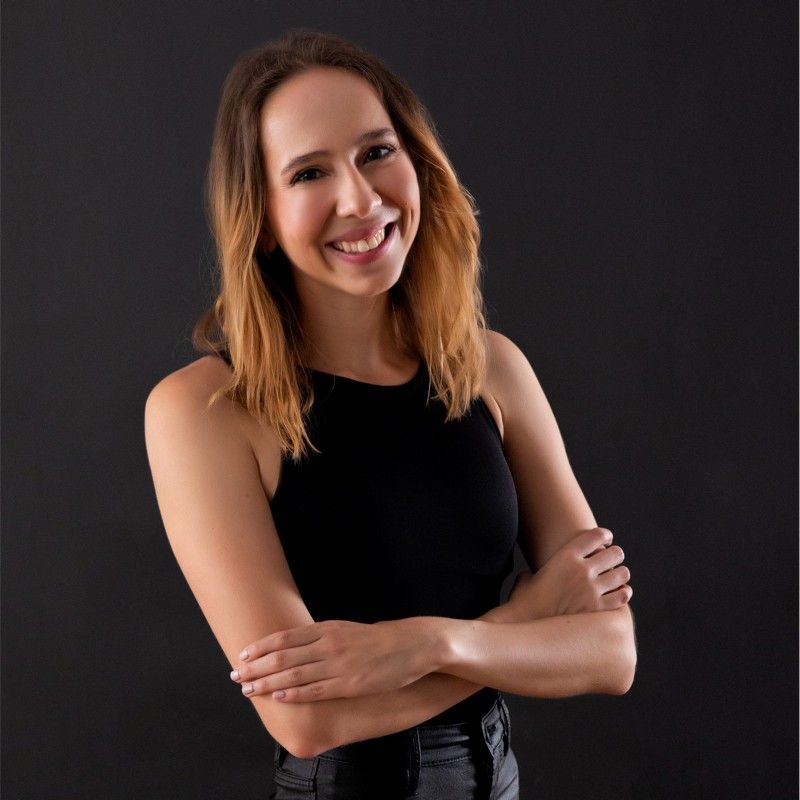
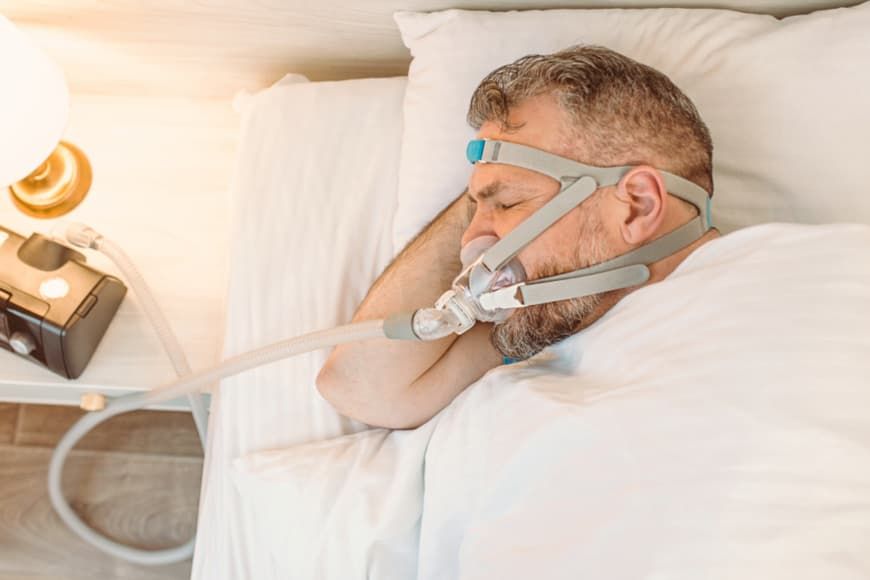
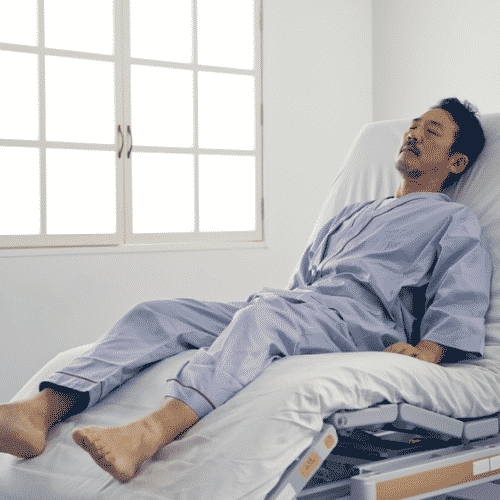
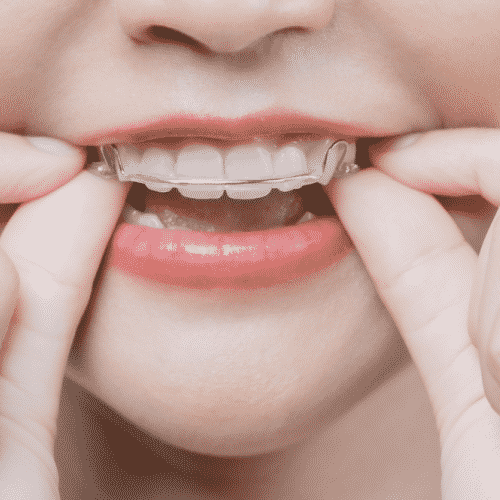

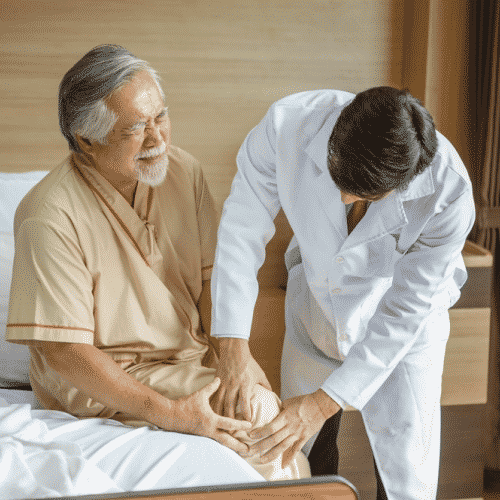

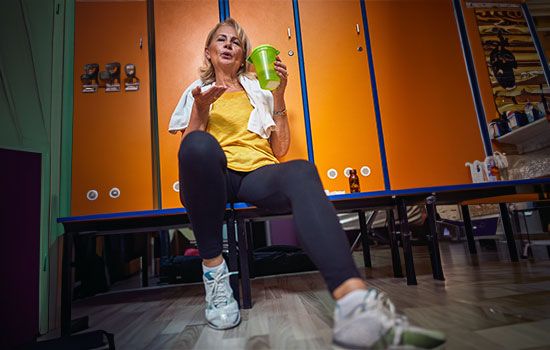

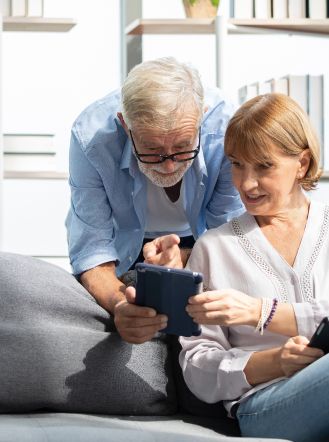

There are no comments yet